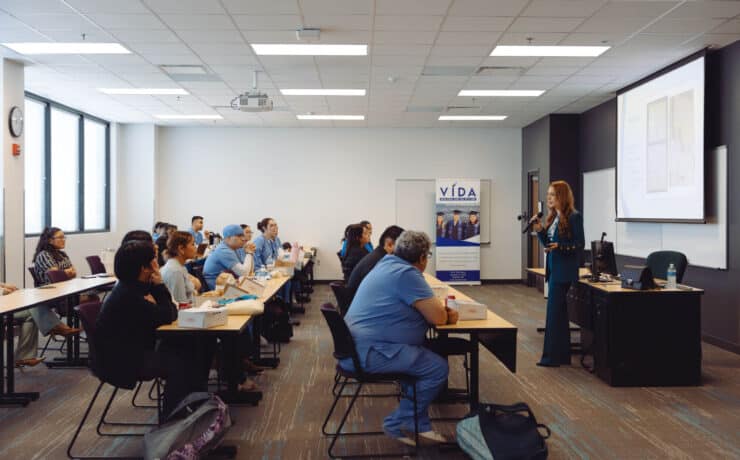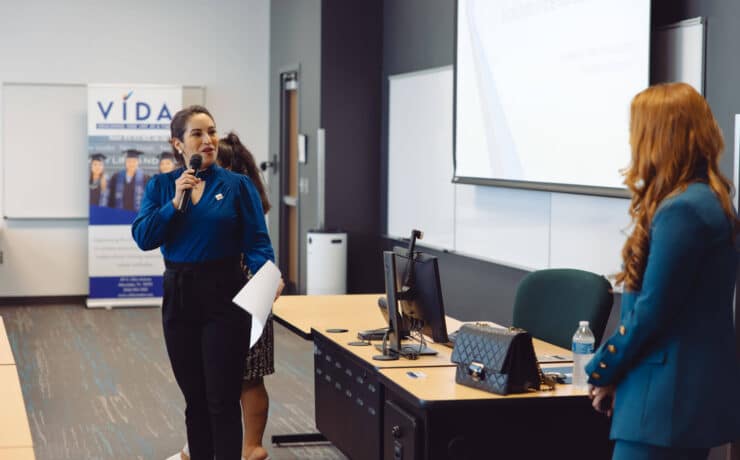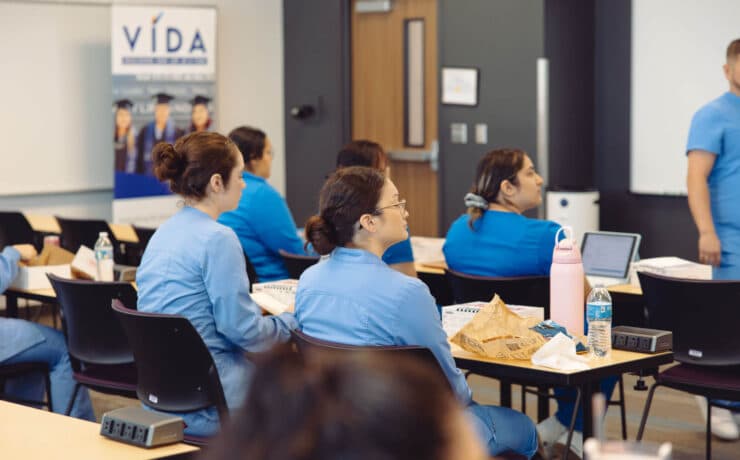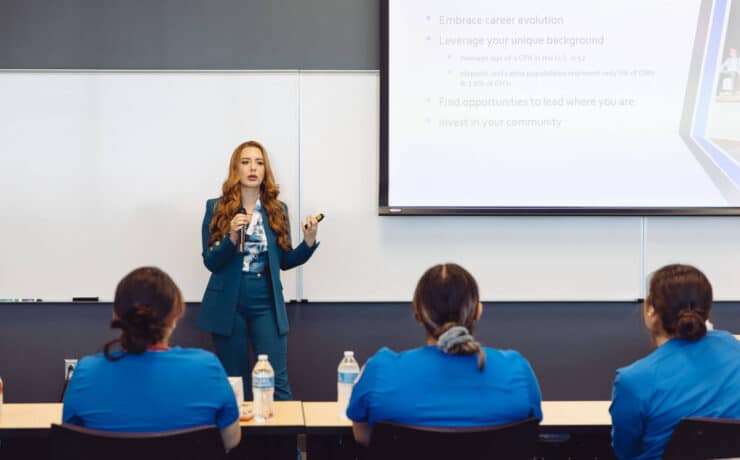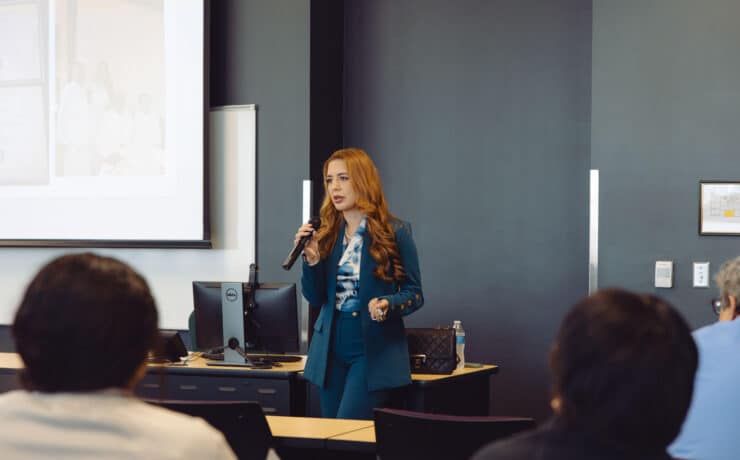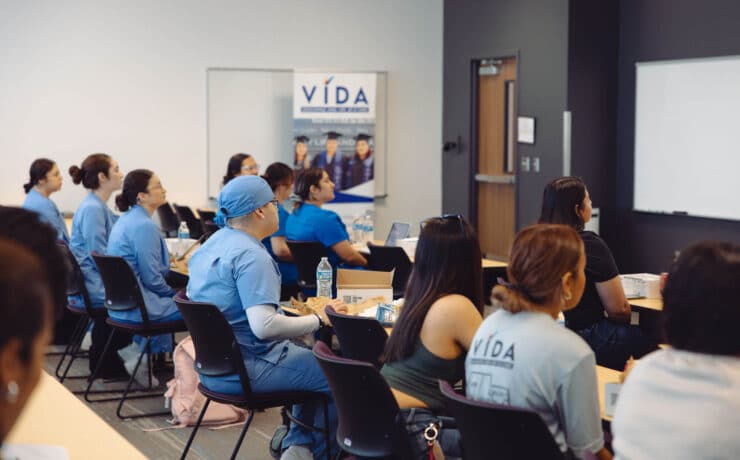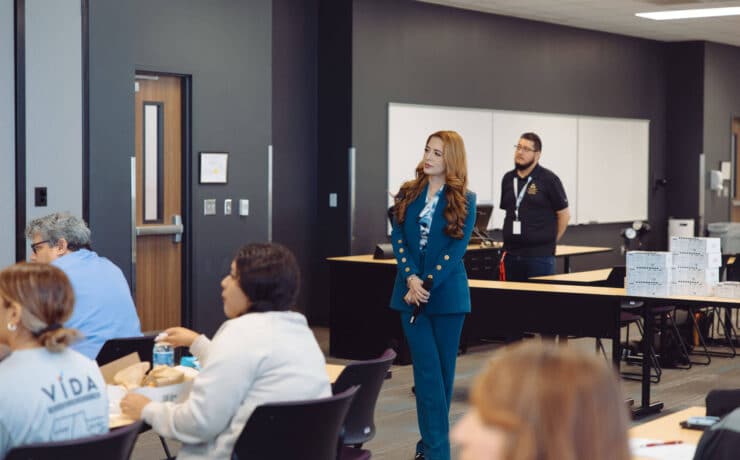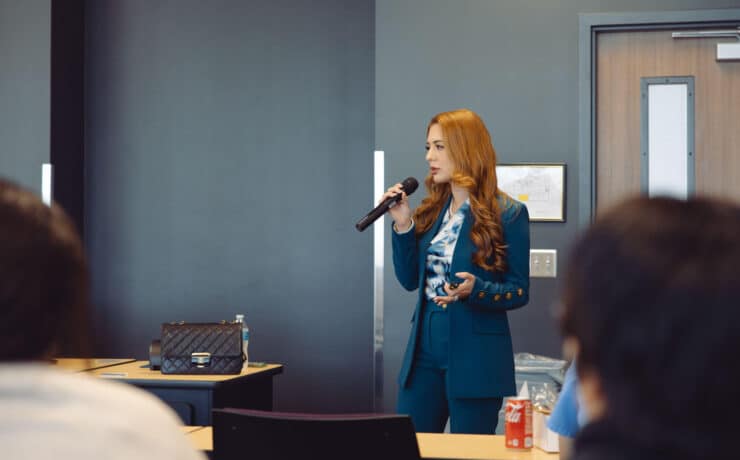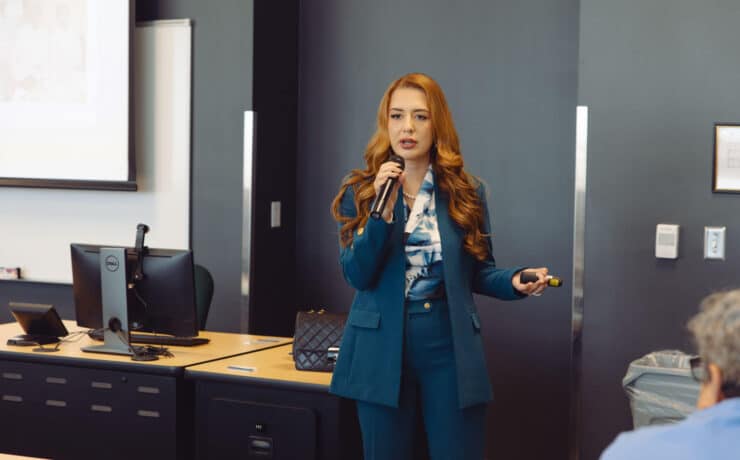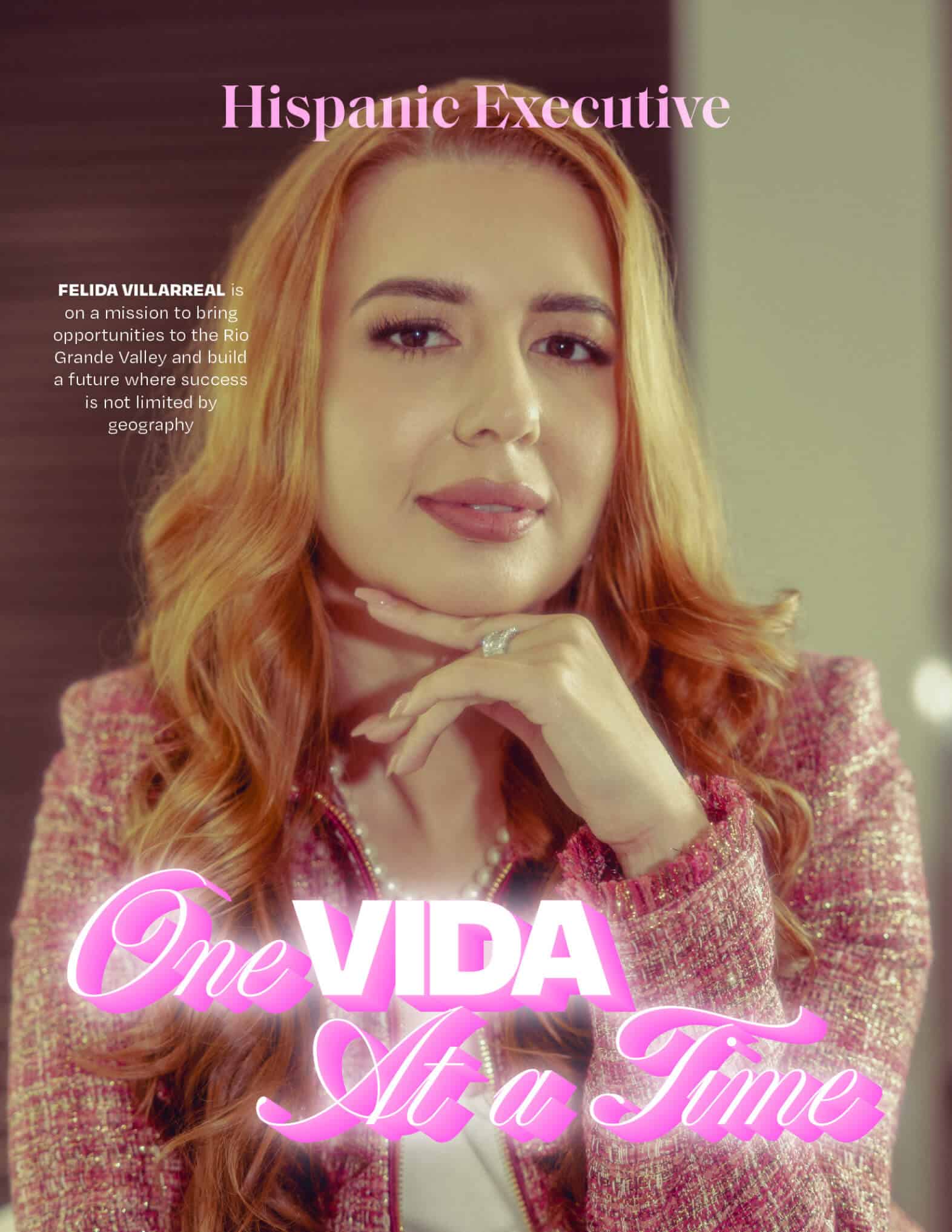Villarreal points to VIDA’s assistance for tuition, childcare, and transportation as offerings participants can tap into to get the infrastructure needed to meet the demands of their daily and personal lives, work obligations, and career aspirations.
“When you look at our student outcomes compared to those not receiving support services, the results are incredible,” Villarreal says. “Our graduation rates exceed 80 percent—substantially outperforming the national averages of 43.4 percent at public two-year institutions and 32 percent for Hispanic students.
“This achievement is particularly significant as the majority of our participants are Hispanic,” she continues. “Our persistence rates from year-to-year are above 90 percent and our job placement is also above 80 percent for our graduates. These holistic support services really impact college success.”
According to VIDA’s data, participants typically experience a 300 percent increase in annual earnings upon program completion. For every dollar invested in the community, the nonprofit estimates an almost $16 return on investment to the local economy.
VIDA does its work by partnering with a number of local organizations at the regional, state, and national level. Among them is the Texas Workforce Commission. The commission, based in Austin, helps get people trained or retrained and into the workforce, especially in critical industries such as healthcare, technology, advanced manufacturing, and skilled trades. Its purpose is to help strengthen the state’s economy.
“The valley is one of the areas that is fast growing, has a definite demand, and a very capable workforce that just needs the right support and opportunities,” says Edward Serna, executive director of the Texas Workforce Commission. “We’re working together with local organizations [like VIDA] and schools to help us create a strong workforce that’s engaged, educated, and benefits from economic prosperity.
“Her organization is giving them not only financial support, but more importantly, what I’ll call moral support or counseling support,” Serna continues. “VIDA is helping individuals stay encouraged, not get frustrated or give up, and therefore we’re getting some of the workforce that we need in critical areas.”





